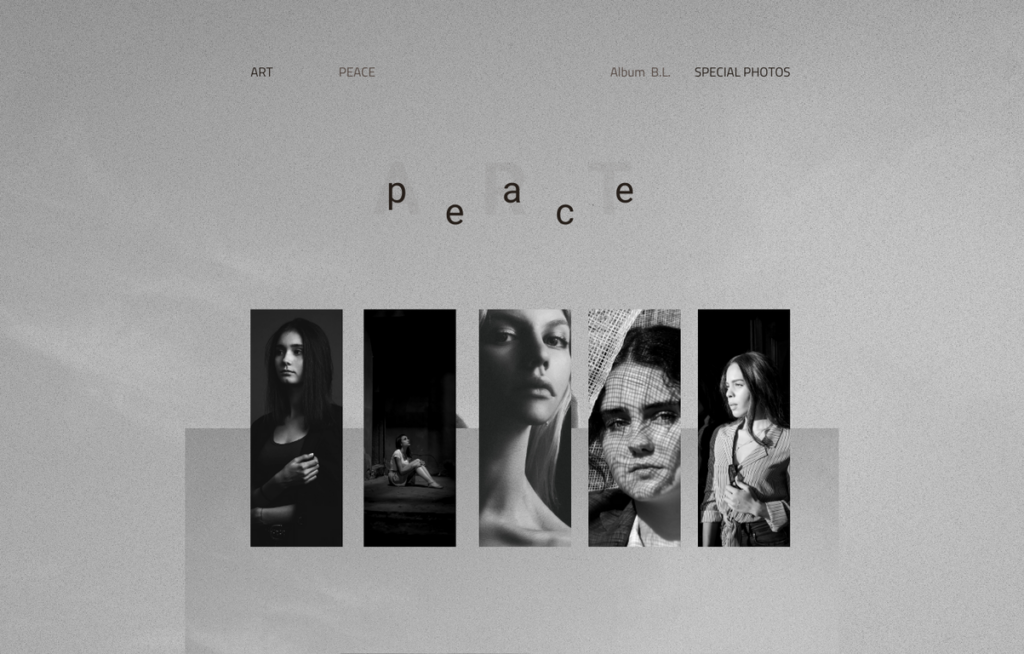
Azerbaijani and Armenian women are increasingly committed to peace in the region. Women, especially young women, deplore the fact that men have been over-represented in peace talks for decades and see this as a barrier to peace. Focus on four of these activists. Number 1: Leyla (name changed at the request of the interviewee).
After Azerbaijan’s recent aggression against Armenia, the 32-year-old Azerbaijani photographer decided to create an online platform to gather around her pacifist Azerbaijani artists who condemn their government’s violent policies and irredentist rhetoric. “It was a cry from the heart of a woman, who was born and raised in hatred, in a permanent discourse against a nation. After the Karabakh war of 2020, this recent military aggression against Armenia was the last drop of my patience. And what hurt me the most was the fact that an overwhelming majority of the Azerbaijani people still supported the government: a government that turns us, our brains and bodies into machines! Hate and violence emerge in us from our childhood, from our first history class at school,” Leyla says. Eventually, she managed to create an underground online group, bringing together about 30 women artists who try, through their artistic creations, to contribute to the opening a horizon of peace. In a country with a score of 9/100 in 2021 in the world freedom index (Freedom House, 2022), being a peace activist is a personal choice that is not made without asking many questions about where you live and the risks for you and your family.
Leyla believes that peace must be feminised. Peace should not be monopolised by men. It is a lifelong process in which all members of society must be actively involved for it to succeed. “Moreover, feminist peace will enable us to end not only this perpetual conflict, but also patriarchy, militarisation and male dominance in two countries; namely Azerbaijan and Armenia,” adds Leyla. ” For my part, I am taking the first step towards questioning the role of women in peace processes itself.”
Despite her busy daily life, Leyla always finds 30 minutes in the evening to follow the geopolitical news. She says she is particularly affected by the ongoing blockade of the only road linking Nagorno-Karabakh to Armenia. “Our [Azerbaijani] media said it was environmental activists demanding that representatives of the Baku government be allowed to inspect two gold mines in Karabakh. You don’t have to be a political scientist to understand that what is happening there now has only one name: provocation. Since the 2020 war, our government had a historic opportunity to open a page of peace with Armenia. Everything was entirely in our hands. But what is happening now shows us that this government prefers to use the military pressure and intransigent demands.”
Currently a doctoral student in visual arts in Belgium, Leyla is working on humanitarian photography, questioning its effective contribution to the diffusion of peace values and the promotion of human rights. She is also working on her personal project, the details of which she did not want to tell us. “I want to bring to life the inspiring stories of women who dedicate their lives to the most important cause of all: peace. I am looking for ways to make photography what it is: a testimony for peace.”
